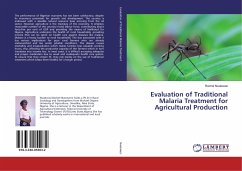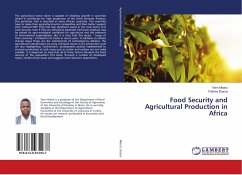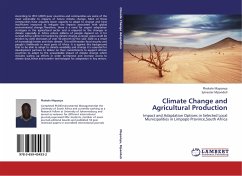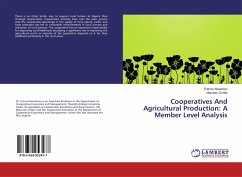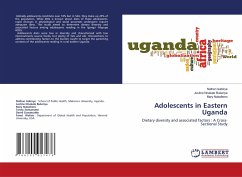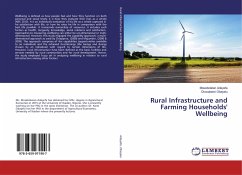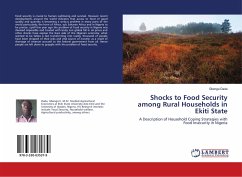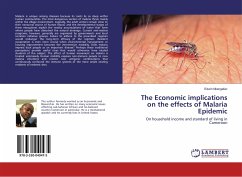The performance of Nigerian economy has not been satisfactory, despite its enormous potentials for growth and development. The country is endowed with a sizeable natural resource base accruing from the oil sector. However agriculture is the mainstay of the economy. It employs reasonable number of the country's total labour force, contributing about forty-five per cent of GDP and providing the means of livelihood for Nigeria. Agriculture underpins the health of rural households, providing income that can be spent on health care against diseases like malaria. Malaria is a heavy burden to rural households. The loss associated with it has serious implications for poor rural farmers who are already malnourished and live under pitiable conditions. The disease causes morbidity and incapacitation which makes farmers lose valuable working hours, thus affecting the productive capacity of the farmers which in turn translates into income loss. In most cases, it is difficult accessing adequate and proper medication due to weak and inadequate health care system. To ensure that they remain fit, they rely mainly on the use of traditional treatment which keeps them healthy for a longer period.
Bitte wählen Sie Ihr Anliegen aus.
Rechnungen
Retourenschein anfordern
Bestellstatus
Storno

